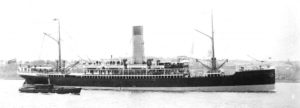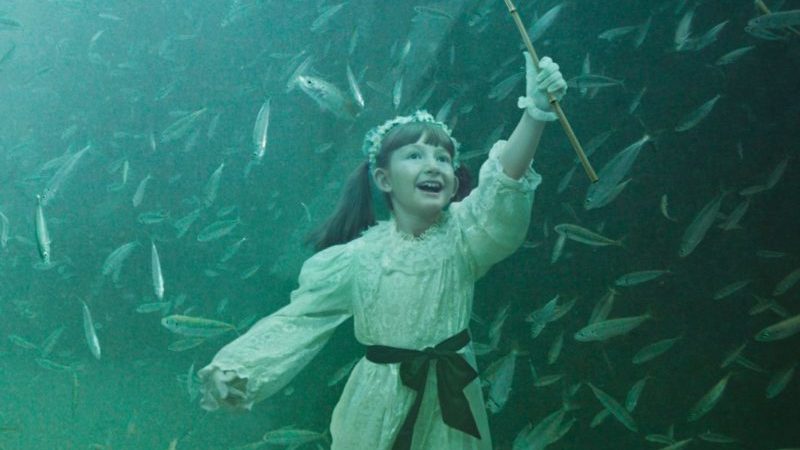The purpose of Australian novelist Guy Lane’s fiction writing is to help normalize the conversation about sustainability. At present, only a small percentage of the public talks about climate science and sustainability. The opportunity exists to bring these ideas to a wider audience through popular fiction.

The challenge is to embed the sustainability themes so that they do not become didactic or overt, and thus distract from the flow of the story. Fiction novels are not text-books, and themes need to be divulged subtly, with the intent that they work their way into the subconscious of the reader.
This writing process allows Guy to cover a broad range of sustainability themes, including Planetary Boundaries, the Blue Economy, Eradicating Ecocide, the rise of the global Superclass, algae biofuels, and the role of the mainstream media in keeping us all in the dark. Guy’s writing process has three distinct levels: theme, context, characters and plot.
In the story Yongala – a historical fiction piece set on the steamship of the same name – the theme is climate science. In particular, the book considers that scientists have understood the basics of global warming since the turn of the 20th century. In 1905, Swedish physicist Svante Arrhenius released a book called Worlds in the Making, saying that doubling atmospheric CO2 by burning coal would increase global average temperatures by 4 degrees Celsius. It is particularly relevant that these numbers are consistent with the contemporary climate models run on supercomputers.

Lane’s writing process embeds this theme into a context. In the case of Yongala, the context is the final, fateful voyage of the steamship Yongala. On March 20, 1911, Yongala departed Brisbane, Queensland, heading for Townsville. She didn’t make it, sinking in a tropical cyclone on the night of 23 March with the loss of all 120 people aboard. A coal burning ship suffering an extreme weather event is deemed to be an appropriate context for a story about climate science.
The third level of Yongala is the characters and plot. In the story, 13-year-old Felicity Cumberland escorts her uncle, Professor Portland, and his renewable energy invention, the Smoke Engine, to Townsville aboard Yongala. Fed with biomass, the Smoke Engine uses pyrolysis to produce wood gas that can be burnt in an internal combustion engine, thus providing climate friendly energy. Fearing for their interests, the Queensland Coal Board pay alcoholic war veteran Corben Plath to kill Portland and throw the Smoke Engine into the Coral Sea. Aboard Yongala, Plath develops an innocent friendship with Felicity, not realizing who she is. As the ship steams into heavy weather, Plath finds that his own salvation depends on the young girl surviving the storm.
Through Yongala, Lane seeks to create a story that finds its way into the consciousness of an audience who may have never considered climate change. In this way, he seeks to plant a seed, a simple idea that it’s okay to talk about global warming, because people have been doing just that for a very long time.
See Yongala and Lanes other books here: guylane.com
This post is part of the MAHB’s Arts Community space –an open space for MAHB members to share, discuss, and connect with artwork processes and products pushing for change. Please visit the MAHB Arts Community to share and reflect on how art can promote critical changes in behavior and systems and contact Erika with any questions or suggestions you have regarding the new space.
MAHB-UTS Blogs are a joint venture between the University of Technology Sydney and the Millennium Alliance for Humanity and the Biosphere. Questions should be directed to joan@mahbonline.org.
MAHB Blog: https://mahb.stanford.edu/blog/sustainability-themes-fiction/
The views and opinions expressed through the MAHB Website are those of the contributing authors and do not necessarily reflect an official position of the MAHB. The MAHB aims to share a range of perspectives and welcomes the discussions that they prompt.
